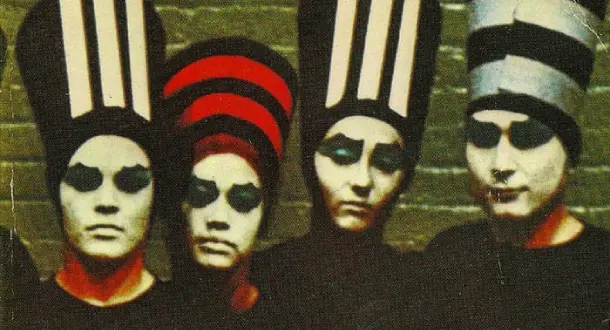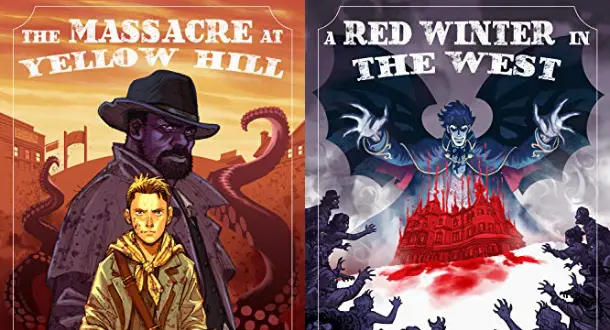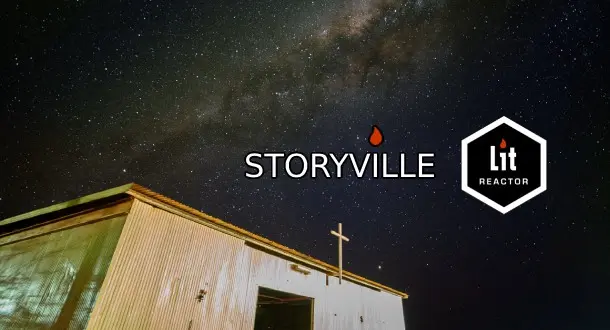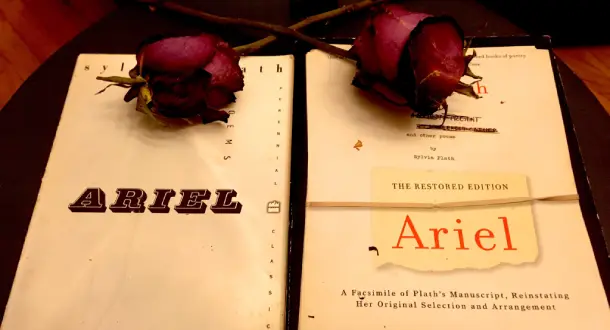Menu
Columns
Showing 3546 Columns
Showing 3546 Columns
April 30th, 2020

Many readers would consider existential novels to be a sub-genre of literary fiction, including works by Sartre, Camus, de Beauvoir, and maybe a few more contemporary names like David Foster Wallace and Milan Kundera. Really, though, all fiction is existential, and if yours isn’t, then it’s probably pretty boring. Here’s why.
Read Column →April 29th, 2020

What is literature? And what isn’t? Labels like “literature” expand and contract as a medium like books breathes in and out. Right now, a lot of the talk seems to be about expanding the definition of literature. Expanding and including seem to be the way we’re headed. Is this a good idea? A bad idea? Some of both? Does the expansion of “literature’s” definition accomplish the goal of bringing more readers into the fold?
Read Column →April 28th, 2020

Image by Andra Piacquadio The first non-fiction piece I ever wrote about mental health was in the fall of 2012. It was an op-ed for my school newspaper urging my fellow students to stop joking about self-harm. I wrote it in this weird space between first-and-third person, because I wanted it to be personal but I wasn’t ready to admit that I was the person hurt by the insensitive jokes.
Read Column →April 28th, 2020

Original image by mentatdgt A couple weeks ago I gave you an introduction to the Gabino Iglesias online MFA, and gave you a bit of info about the first nine classes (if you missed it, check it out HERE). Well, now it's time to discuss the classes you'll be taking during the second semester. Here we go!
Read Column →April 27th, 2020

There’s no denying that Emily Brontë’s Wuthering Heights is a timeless classic, a story that transcends its mid-19th century setting and speaks to every subsequent generation.
Read Column →April 24th, 2020

Many writers talk about the authorial toolbox when trying to explain certain methods to achieving technical and narrative excellence. Tools are important. They provide the storyteller with implements that cut, measure, and smooth the shape of the tale. To borrow George R.R. Martin’s analogy, both the gardner and the architect require skills that have proven effectiveness. Tools that are both sharp and fine, trusted and heavily practiced. They cannot only be learned about in an abstract sense, but they must be gripped by the writer’s own hand; used regularly.
Read Column →April 24th, 2020

Yes, this is a huge pain in the ass. Writing a synopsis—in various lengths—can be very difficult, but it’s essential to nail down in order to communicate with agents, editors, and publishers. Here are some tips on how to make your synopsis really stand out, and what I think are the essential elements for your proposal.
Read Column →April 23rd, 2020

This is it. This is my last attempt to bring Sports Twitter and Writer Twitter together. I can’t believe LitReactor is letting me do this article. This is like my dream article. I love sports and I love writing, and man, I love the hell out of a good sports metaphor for writing. This is really happening. LitReactor has made my dreams come true.
Read Column →April 22nd, 2020

Can you get over it when some jerkoff spills your drink? When your neighbor’s dog shits on your lawn and they don’t have a bag? Can you be a more empathetic person? Can you deal with the assholes you don’t like? Can you channel anger and frustration into something positive? Maybe.
Read Column →April 20th, 2020

Header image by Leza Cantoral Ariel is a notorious poetry collection that is often interpreted as one long suicide note, a sort of burn book of all those in Sylvia Plath’s life who did not know how to love her and did her wrong. As a confessional poet, her burns go inward as well as outward. She takes painstaking inventory of her own shortcomings, inviting the reader into her dissociative mind, her dark obsessive thoughts, her nightmares, her petty jealousies, her endless yearnings for a deeper kind of experience.
Read Column →🎼
Tell us about your book, and we'll give you a writing playlist
Take our 1 minute quiz to find your ideal tunes.